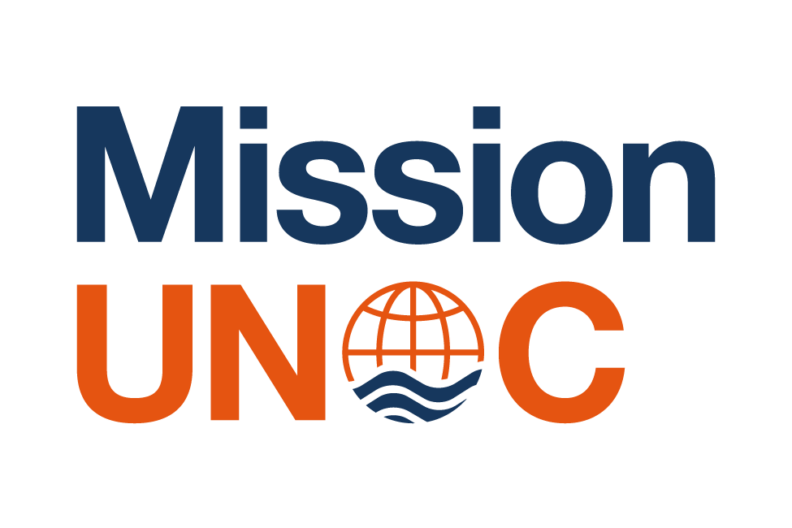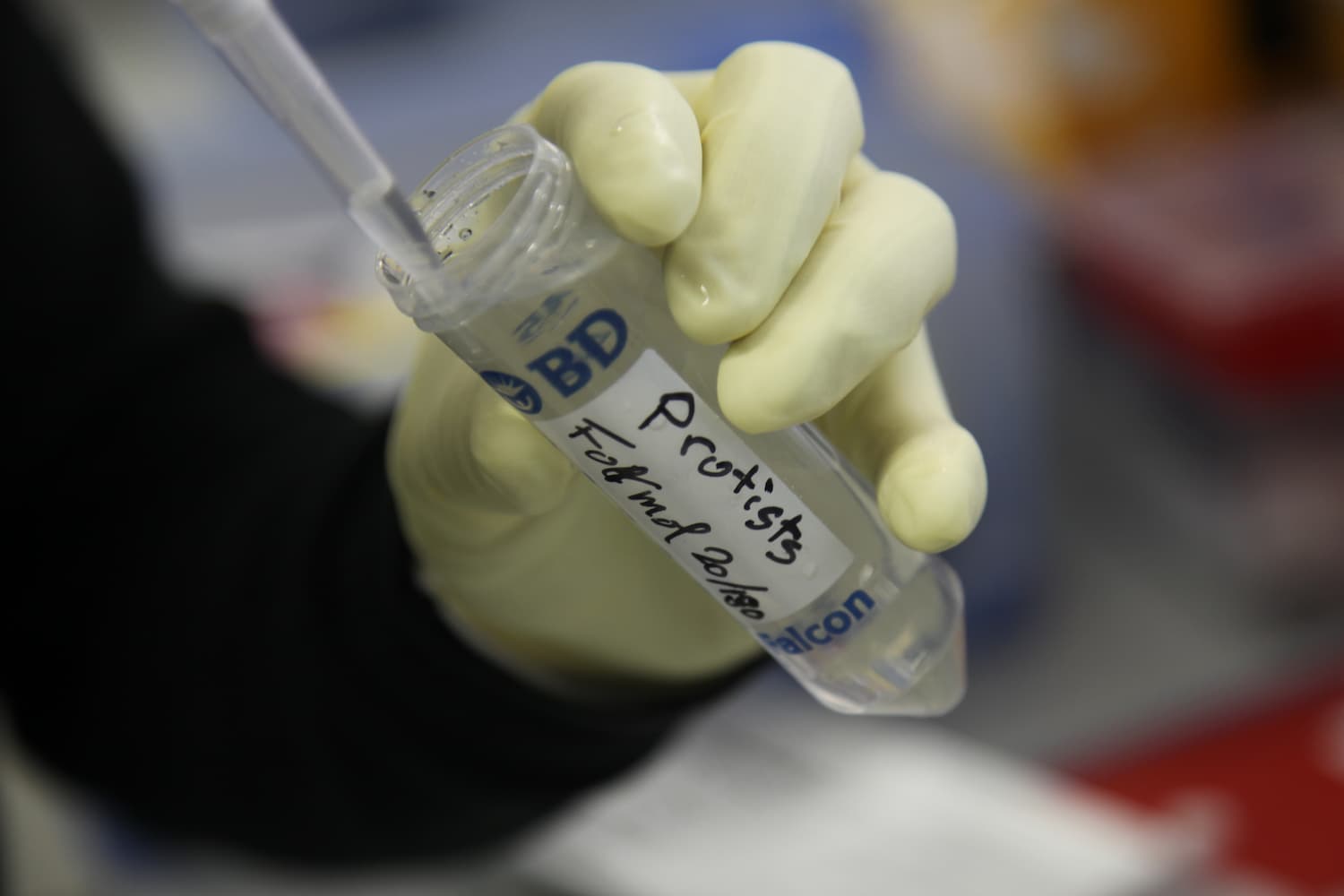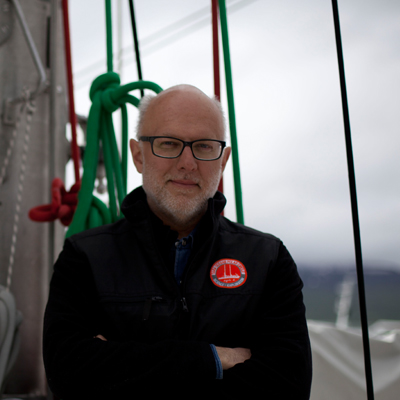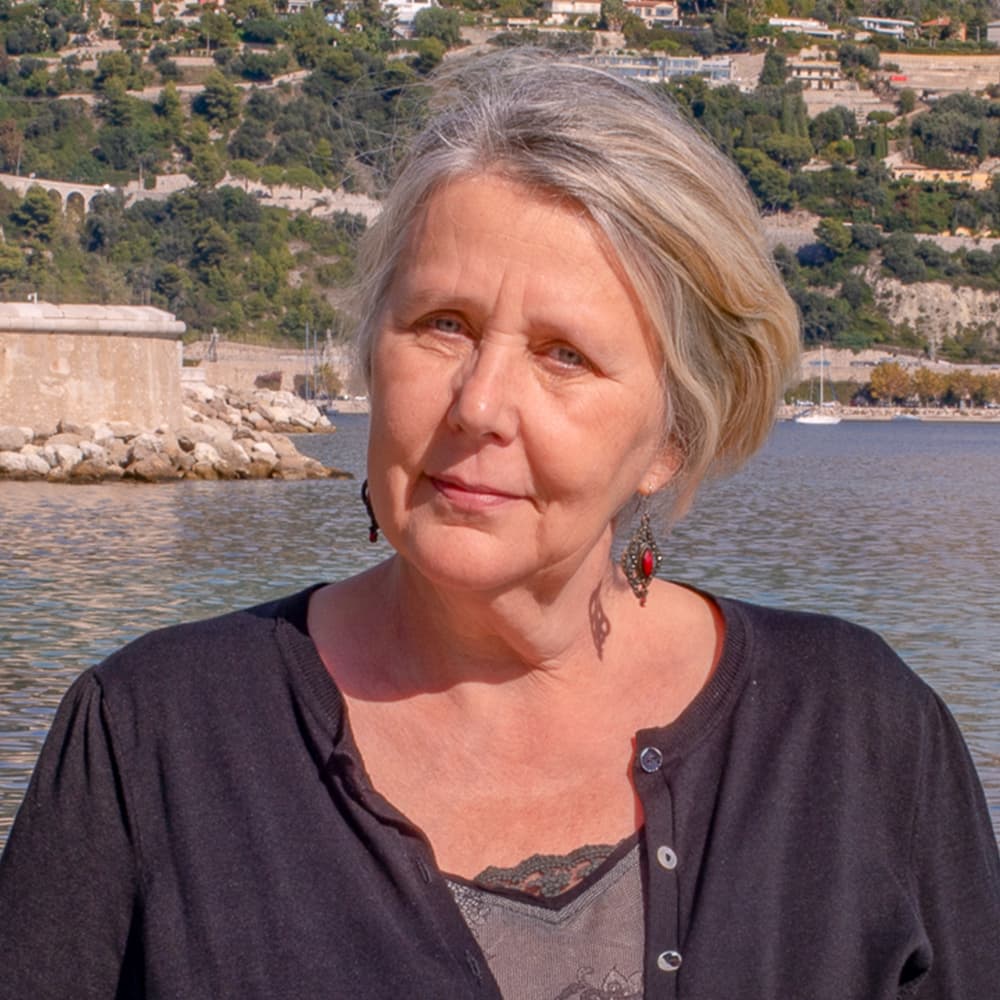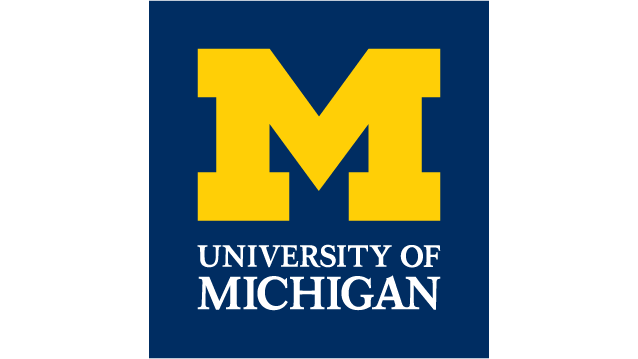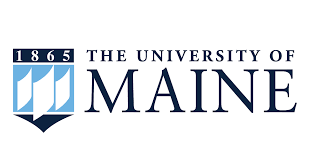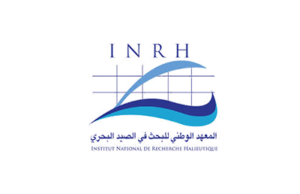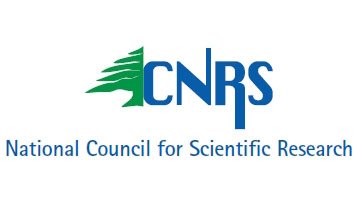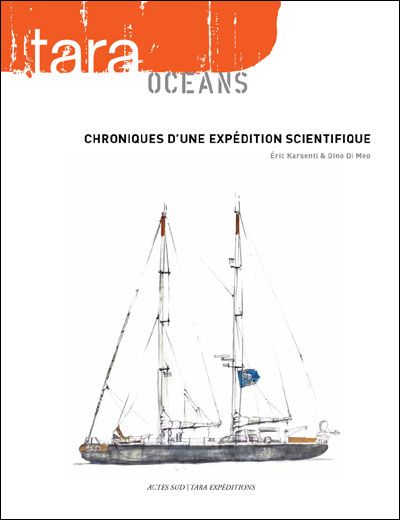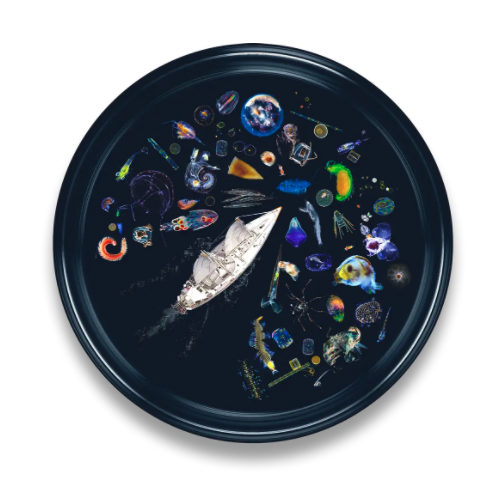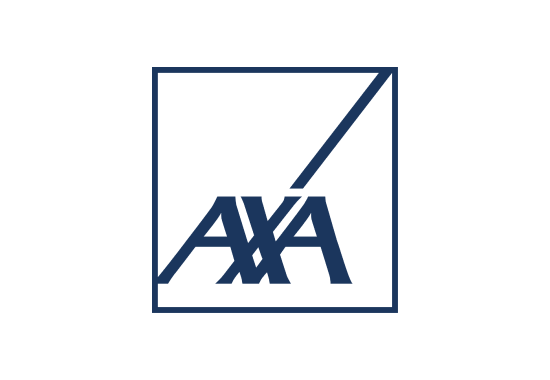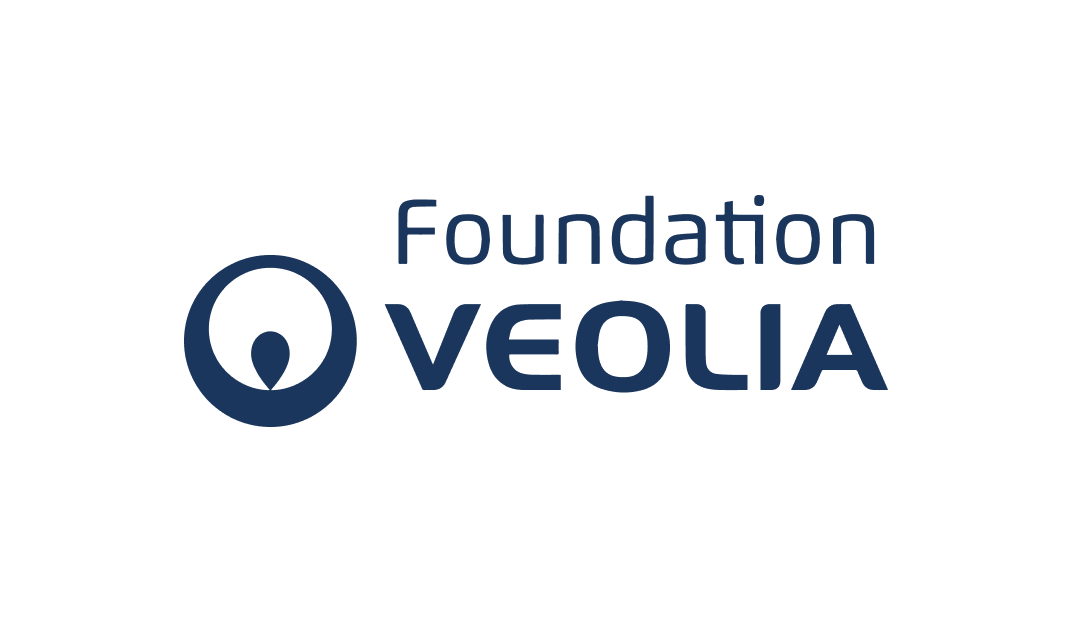
Tara Mediterranean
Expedition dedicated to the scourge of plastic pollution, with the Mediterranean as our laboratory.
To study the relationships between plankton and plastic in the food chain.
How widespread is plastic pollution in the Mediterranean?
Are there areas of accumulation?
Does the type of plastic influence the interaction with plankton?
Does perception of this pollution vary from country to country?
Over the past decades, the proliferation of plastics has rapidly become a global problem affecting all oceans. With 80% of plastics in the sea originating from land, this pollution highlights the interactions between our daily lives and the ocean, and reinforces the need for a transition to an economy that is more respectful of the planet. During the Tara Mediterranean expedition in 2014, the schooner crisscrossed the Mare nostrum to study the interaction of plastics with plankton, and biodiversity in general. First edifying observation: of the 2000 samples taken during the expedition from 350 different sites, all contained plastic fragments.
The Basics
The Mediterranean as a laboratory
Mare Nostrum has seen its population triple in 50 years within three major monotheistic cultures, bringing together multiple levels of development on its two shores.
Plastics and microorganisms, a dangerous cocktail?
Baseline reference
The on-board interdisciplinary team developed exclusive protocols and used cutting-edge technologies during this expedition to create a database comprising 75,000 plastic particles. Freely accessible to the scientific community, this is the largest database of microplastics collected and referenced to date.
Entering the food chain
The work shows that in certain places the concentrations of surface microplastics are identical to those of zooplankton, which fish feed on. In these areas, half of the food ingested by fish may contain microplastics.
The challenge of raising awareness
For 7 months, Tara went to meet the men, women and children who inhabit the Mediterranean coast. Despite crises, despite austerity and even sometimes war, they all told us of their wish for a healthy, beautiful and inspiring Mediterranean Sea, as it has existed for millennia. In Lebanon, Tunisia, Greece, Algeria, despite very difficult contexts, we found a population passionate about ecological issues, and ready to make collective efforts to improve the cleanliness of their coasts and beaches, rivers and sea.
Les publications scientifiques
Ocean Culture
News
Tara news
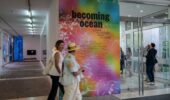
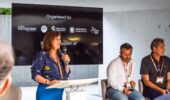
Science and Advocacy at the Tara Ocean Foundation: A Synergy in Service of the Ocean
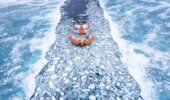
Tara Polar Station: the challenges of science aboard a laboratory drifting in the Arctic
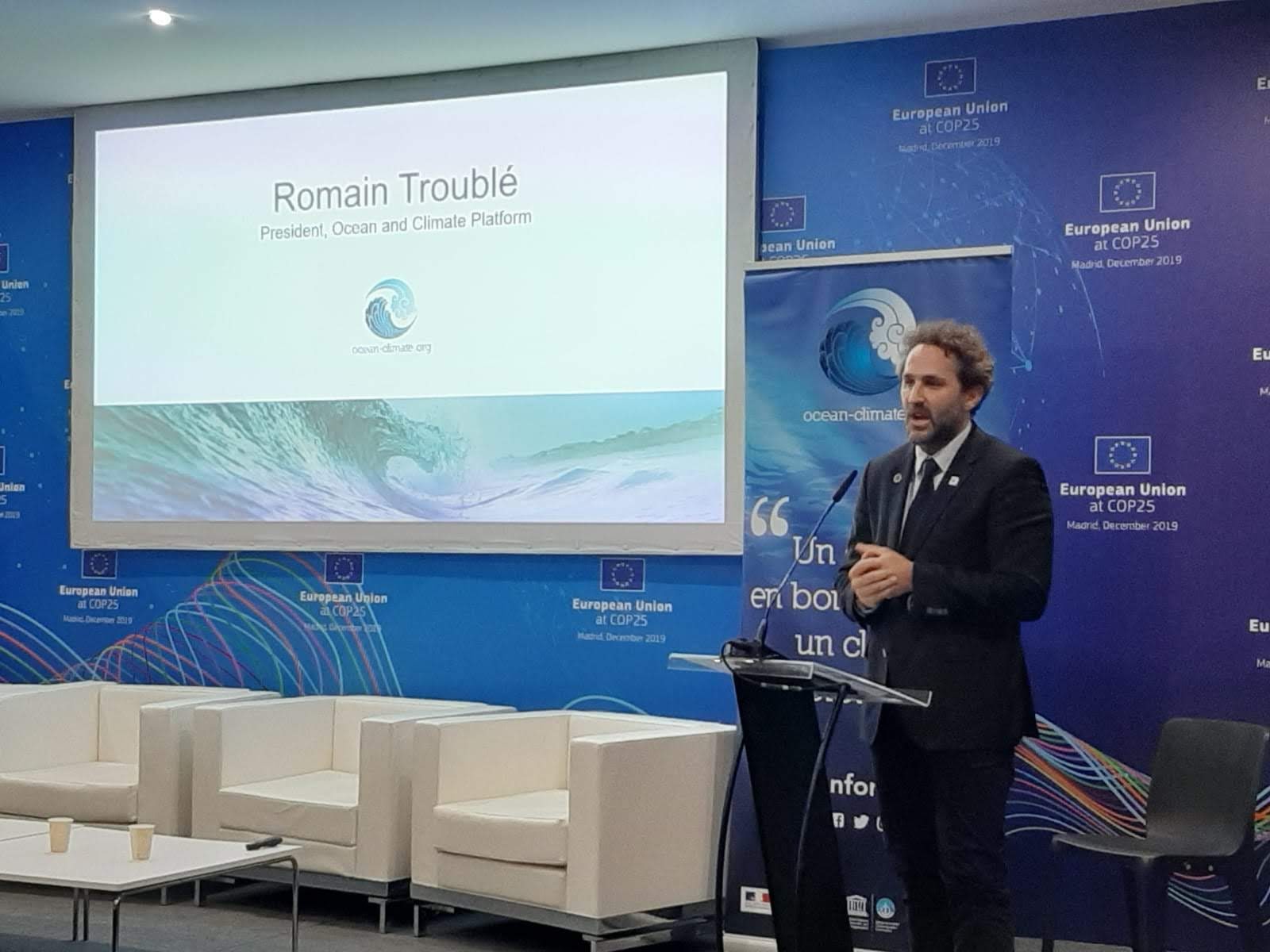
[COP26] Making the Ocean our best ally in the fight against climate change
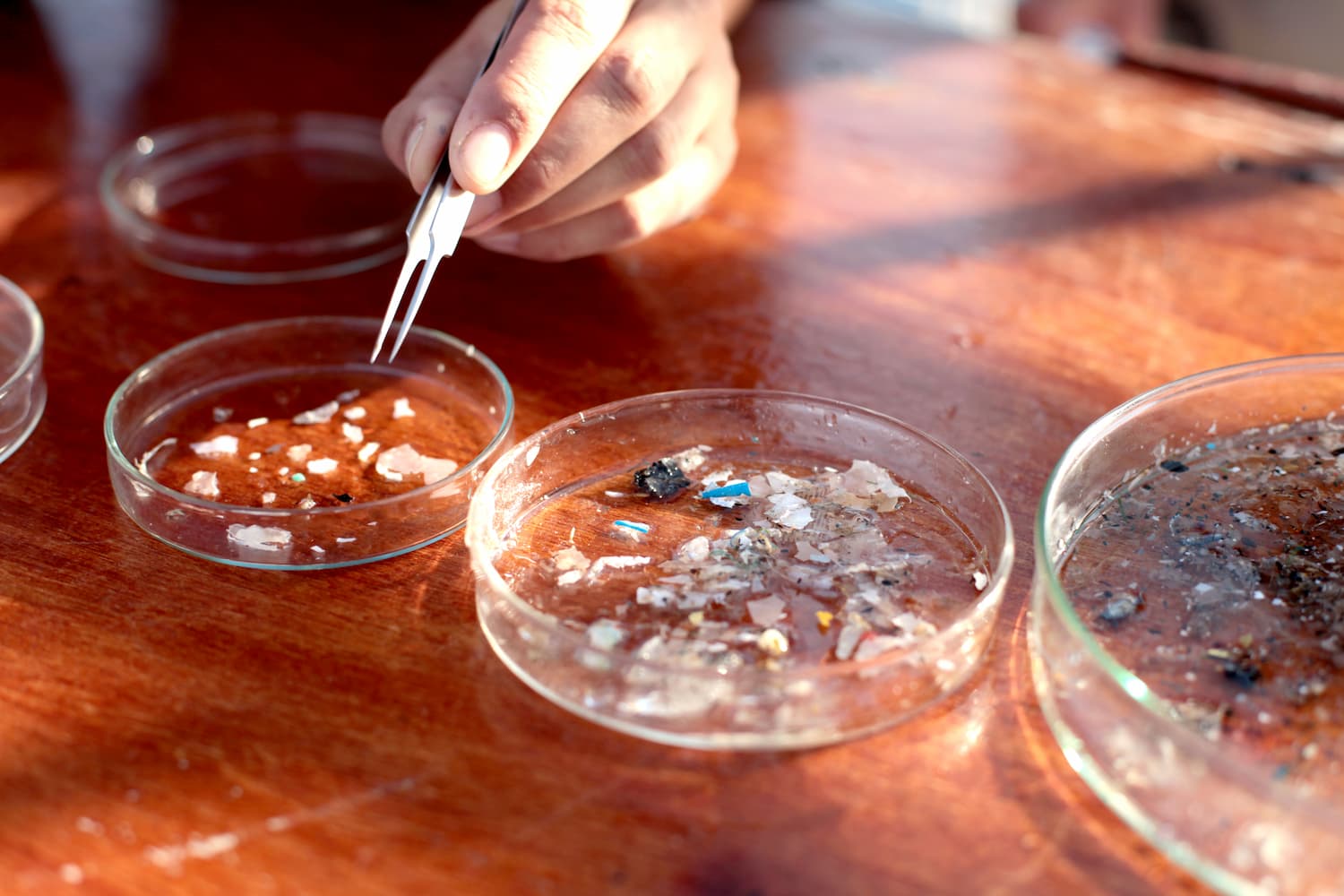
Tara Microplastics
An expedition along 9 major European rivers to describe and understand the origins and flux of plastic waste.
